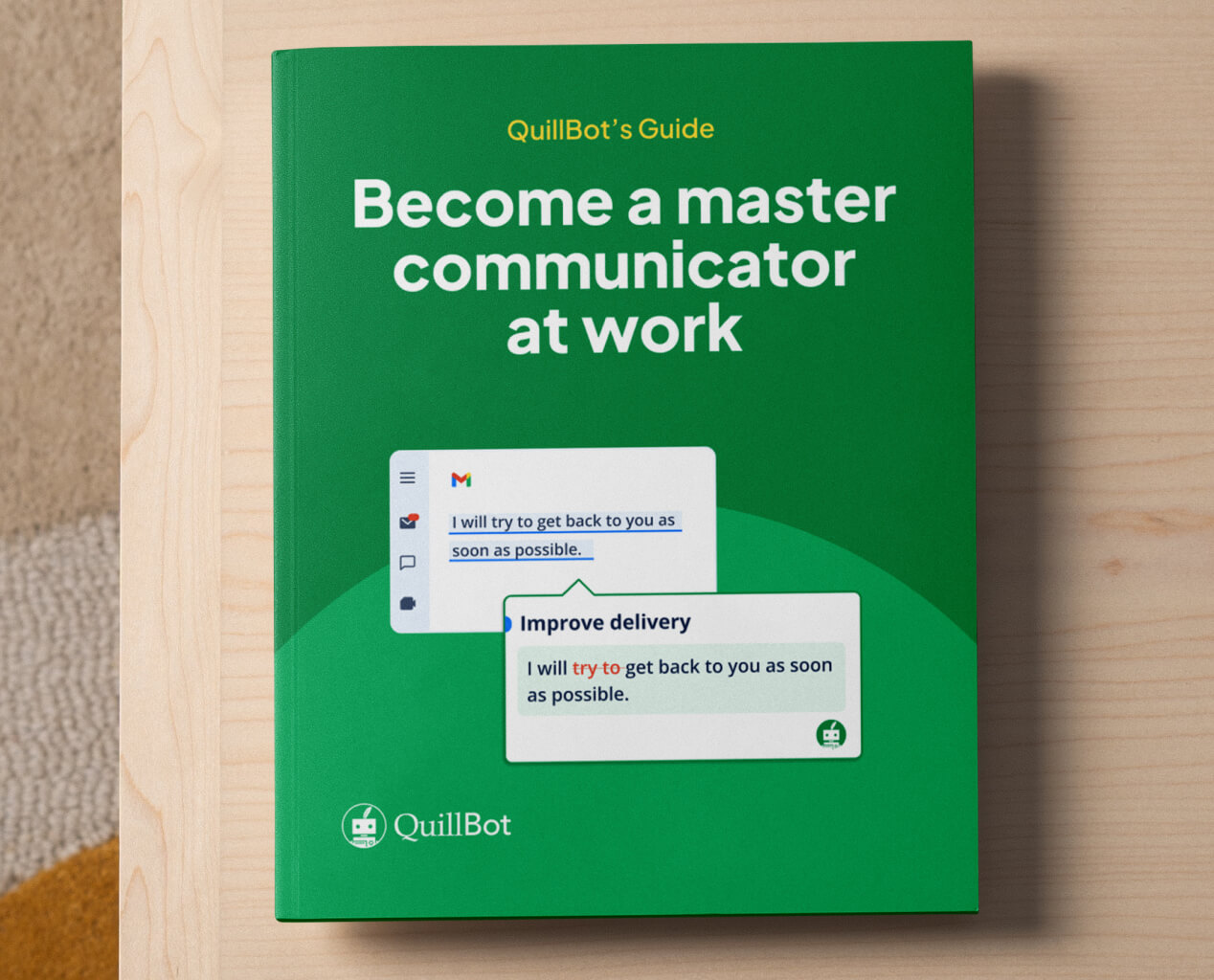Someone (one word) is the correct spelling of the indefinite pronoun used to refer to an unknown or unspecified person (e.g., “Would someone answer the door?”). It is almost always the correct choice.
Some one (two words) is correct in very rare circumstances to refer to a specific but unknown person or item (e.g., “The beneficiary will be some one of his children”). This usage is unusual in modern English.
Use QuillBot’s free Grammar Checker to avoid common mistakes with indefinite pronouns.
Read this FAQ: Is it someone or some one?
The correct spelling is “fuchsia” not “fuschia.” This flower is named after Leonhart Fuchs, a German botanist from the 1500s, which is why the word is spelled “f-u-c-h-s-i-a.” Fuchsia is also the name of a dark pink color. Of all the flowers that start with F, “fuchsia” is one of the hardest to spell. Luckily, the QuillBot Grammar Checker can help you spell flower names correctly.
Read this FAQ: Is it fuschia or fuchsia?
“Nobody” and “no one” are both singular indefinite pronouns that mean “no person.” You can use them interchangeably.
For example, “Nobody has blond hair” and “No one has blond hair” mean exactly the same thing.
Just make sure you don’t confuse no one and noone; “noone” is a misspelling and is always incorrect.
QuillBot’s Grammar Checker can catch and fix common mistakes like this one so you don’t have to worry.
Read this FAQ: When do I use nobody and no one?
“Noone” doesn’t mean anything. It’s a misspelling of the indefinite pronoun “no one,” which means “nobody.”
For example, “Noone wants homework” is wrong, but “No one wants homework” is correct.
QuillBot’s free Grammar Checker will make sure you always use no one and never noone.
Read this FAQ: What’s the meaning of noone?
It’s “yours truly,” with no apostrophe. This is a common way to end an email or letter.
People sometimes mix up yours and your’s. “Yours” is the possessive pronoun and is the correct spelling. “Your’s” is always incorrect.
Use QuillBot’s Grammar Checker to make sure you avoid this common mistake and others like it.
Read this FAQ: Is it your’s truly or yours truly?
Gonna is an informal contraction of “going to.” It’s frequently used in speech or in very casual writing, but it’s generally not considered appropriate for formal contexts or academic writing.
Gonna is used in place of “going to” when “going to” is followed by another verb (e.g., “going to leave”). It should not be used to replace “going to” in other uses.
- We’re gonna ski tomorrow.
- We’re gonna the movies.
Use QuillBot’s free Grammar Checker to make sure your business and academic writing is free from nonstandard forms like “gonna.”
Read this FAQ: Is gonna a real word?
The cardinal number “95” is “ninety five,” not “ninty five.” “Ninty five” is a misspelling of “ninety five” and is always wrong.
It’s a common mistake to get confused when choosing ninety or ninty. Remember that “ninety” comes from “nine,” which also has the “e.”
Or, avoid spelling mistakes like these with a free QuillBot grammar check.
Read this FAQ: Is it ninty five or ninety five?
It’s “nineteen” (with an extra “e”), not “ninteen.” The cardinal number “19” is always spelled “nineteen,” and “ninteen” is always wrong.
The same common mistake happens with ninety or ninty; “ninety” is correct.
Use QuillBot’s free Grammar Checker to avoid spelling mistakes like these.
Read this FAQ: Is it ninteen or nineteen?
“Finally” is pronounced “fai-nuh-lee.”
This adverb sometimes confuses people; if you are stuck between finaly or finally, remember it’s “finally” with two “l’s.”
While the correct and incorrect spelling are homophones, spelling counts when it comes to writing. Try QuillBot’s free Grammar Checker to make sure yours is error-free.
Read this FAQ: How do you pronounce finally?
Yes, “finally” is an adverb. It means “after a long time” or “in the end.”
For example, “After much deliberation, the jury issued its judgment.”
Be careful when writing this word, as some people get confused when they have to choose finaly or finally. The correct spelling is always “finally.”
Use QuillBot’s free Grammar Checker to make sure you use this adverb correctly.
Read this FAQ: Is finally an adverb?
